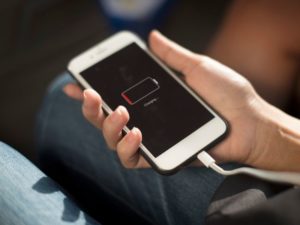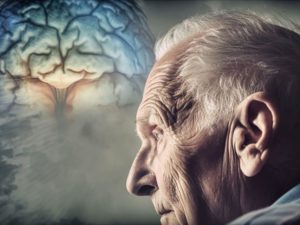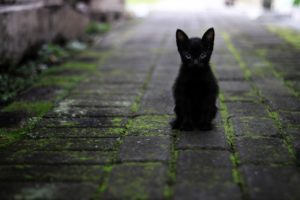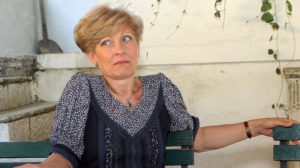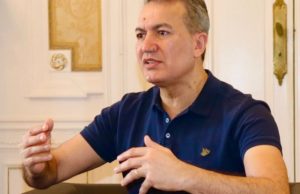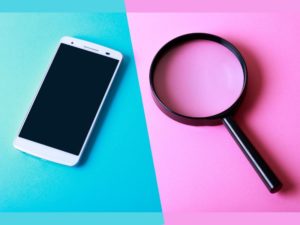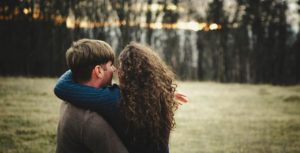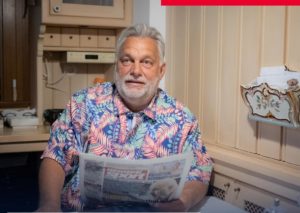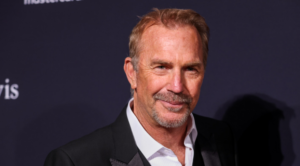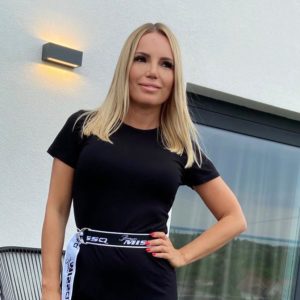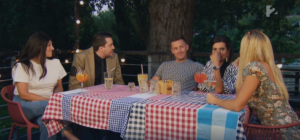64
Érdekes
Vetkőztek, mert elegük van
Az "I'm Tired"projekt lényege, hogy a legkülönfélébb karakterű nők és férfiak mondják el, mi az, amibe már teljesen belefáradtak. Sok bőr, erős társadalomkritika.
Elegem van abból, hogy el kell magyaráznom, mi a beleegyezés:
Elegem van abból, hogy elvárják, hogy világosítsam a bőröm:
Elegem van abból, hogy nem tisztelnek ateistaként a Közel-Keleten:
Elegem van a szépséggel kapcsolatos elvárásokból, amelyek miatt tökéletlennek érzem magam:
Elegem van abból, hogy még mindig a férfiak elvrásainak próbálok megfelelni:
Elegem van abból, hogy fetisizálják a szexualitásomat:
Elegem van abból, amikor azt mondják, nem vagyok igazi:
Szólj hozzá
Nincs hozzászólás
Hozzászólás küldéséhez be kell jelentkezni.


